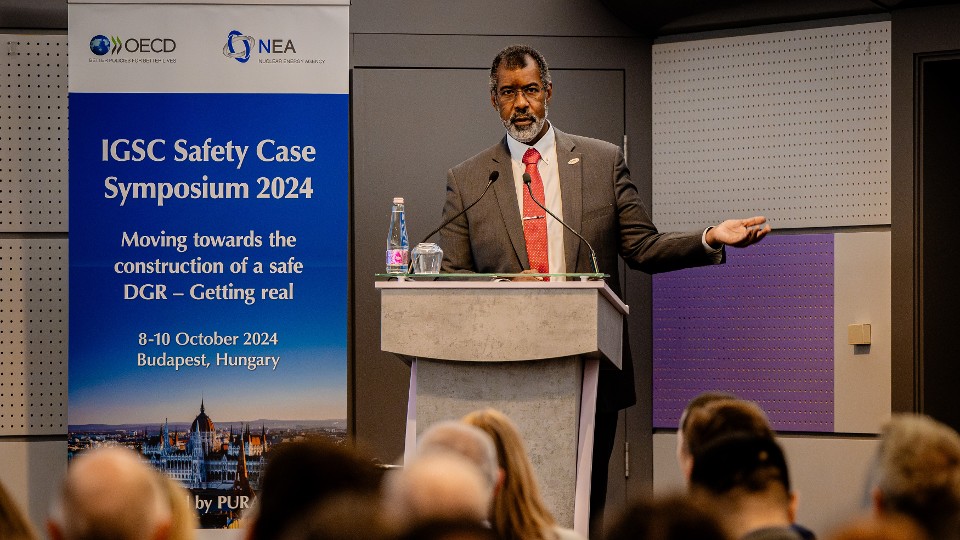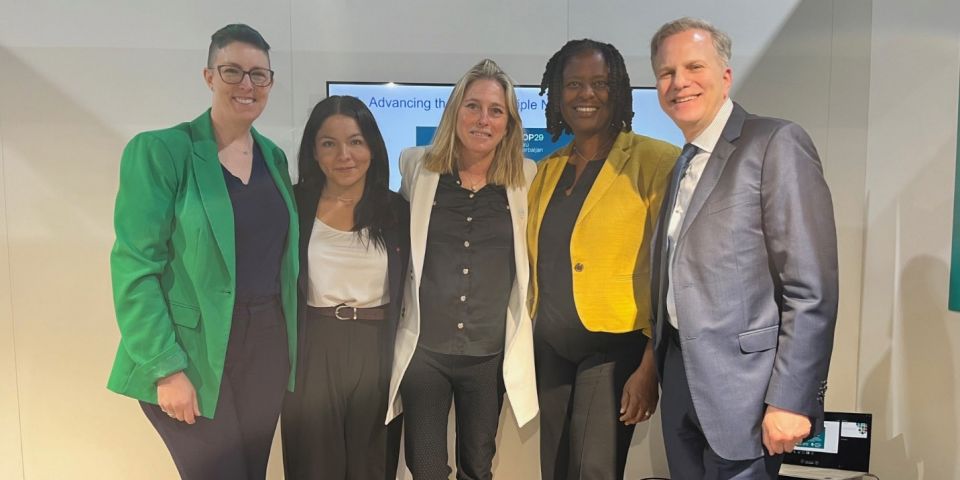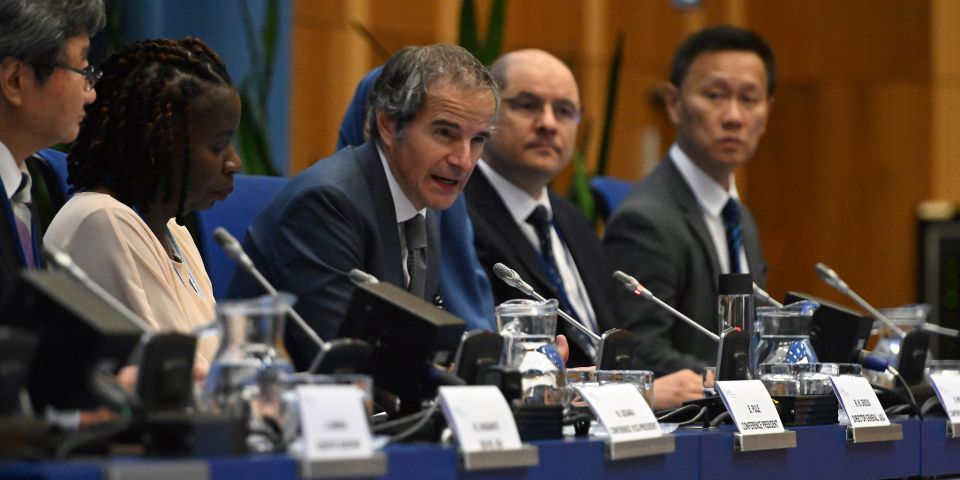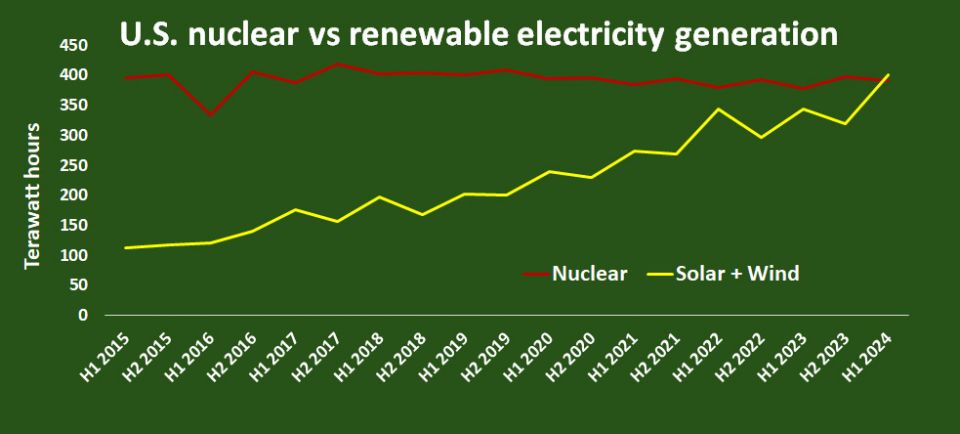Roadmaps conference lays out global push for nuclear power

World leaders outlined an ambitious push and targeted plans for increasing nuclear energy capacity at the Roadmaps to New Nuclear conference, held September 19–20 in Paris, France.
The OECD Nuclear Energy Agency hosted the event, cochaired by Sweden’s deputy prime minister and energy minister Ebba Busch, to bring together government officials, chief executives, and other leaders to support an expansion of nuclear energy capacity—with concrete action plans—to reduce carbon emissions worldwide. Given the rapid increase in electricity demand, conference attendees recognized the critical juncture for the nuclear industry to deploy zero-carbon, reliable power plants to enhance energy security and address climate change.
“This is exactly the right time to deal with these issues. We have to take action now,” said William D. Magwood IV, OECD NEA director general.
A closer look: The NEA is an intergovernmental agency within the OECD. It has members from 34 countries, representing 80 percent of nations with installed nuclear generation.
Conference discussion topics included the following:
- The need to train a new and diverse generation of professionals.
- Strengthening the supply chains needed for new technologies, such as small modular reactors and their fuels.
- Financing new nuclear builds leveraging public-private partnerships.
- Promoting policies that encourage deployment.
- Fostering regulatory cooperation to ensure efficient licensing and accelerating deployment.
- Investing in nuclear research.
Quotable: The partnership “will allow us to turn the priorities identified by ministers and CEOs into practical actions to support the tripling of nuclear energy capacity by 2050,” Magwood said, pointing to the growth target set at the 2023 Roadmaps conference and reaffirmed by more than 20 nations that signed onto at the 28th Conference of the Parties (COP28) last fall.
“This collaborative framework will advance international cooperation [and] foster strategic partnerships and exchanges among governments and industry to more effectively deliver on the national priorities of the countries pursuing new nuclear capacity,” Magwood continued.
A joint statement from 22 countries represented at the conference read: “Nuclear energy is a reliable, baseload, and dispatchable power source essential for ensuring a robust power system. It serves as a vital component of a diverse energy mix that can reduce dependence on fossil fuels and mitigate energy market volatility. In light of increasing energy demand, geopolitical tensions, and consequences of Russia’s unprovoked aggression against Ukraine, we underscore the benefits of nuclear energy in energy security and reducing exposure to global energy market fluctuations while delivering significant reductions in greenhouse gas emissions.”
What’s next: The next Roadmaps to New Nuclear conference is set for September 2025, again in Paris, and will be cochaired by Korea. The COP29 meeting will be held in November in Baku, Azerbaijan, with a focus on new financial commitments from member companies.
Learn more: Check out this video showing takeaways from the Roadmaps to New Nuclear 2023 conference, featuring the U.S. Department of Energy’s former assistant secretary for nuclear energy Kathryn Huff and 2023 Miss America Grace Stanke, a nuclear engineer.








